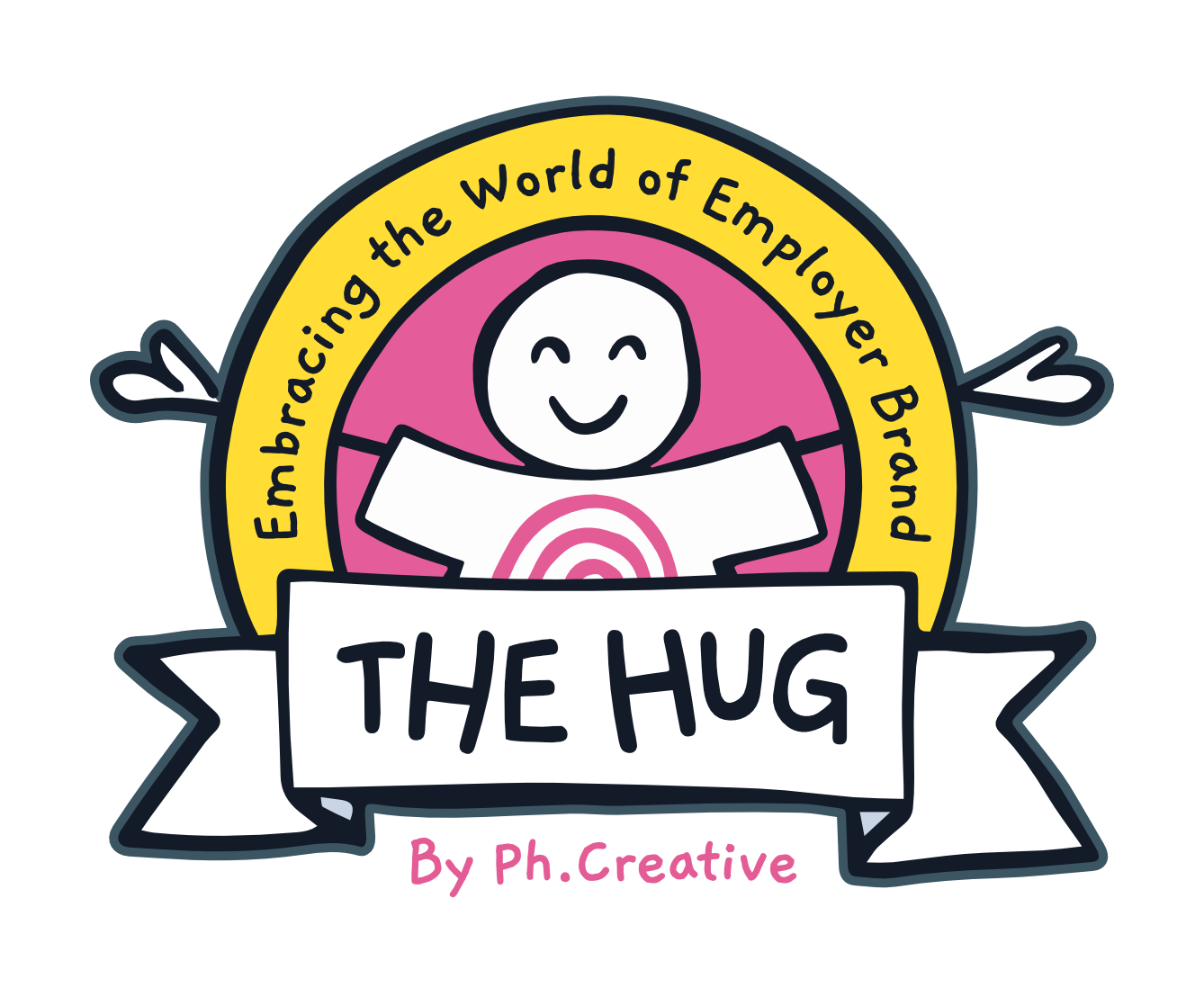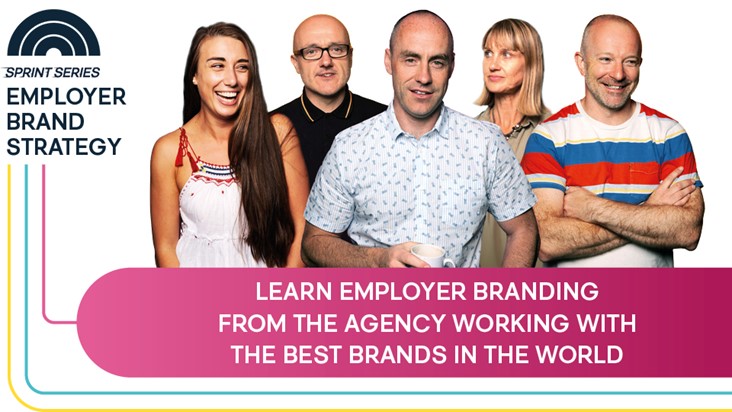6 Telling Signs you Need an Employer Brand Strategy
2 min read.
There are many misconceptions about employer branding. The most common being that “doing” employer branding equals creating job posts, “we are hiring!” flyers and social media content about the internal vibe at your company.
This misconception is linked to the question that every corporate professional asks themselves: prioritise the urgent or the important?
In employer branding, urgent means filling up job vacancies with tactics and communications to make job offers as visible as possible.
Important means the strategy, the conceptual framework that illustrates why someone should join (or not join) your company ahead of any other, and what makes it such a unique and interesting place to work.
The thing is, if you don’t focus on what is important, and don’t have a strategy in place, anything you do in terms of tactics, or the urgent will be messy, to say the least.
Top signs your organisation needs an Employer Brand strategy.
1. You don’t know what kind of content to create for your social media channels
A proper employer branding strategy gives you a clear spectrum of subjects to address, the frequency with which you should address them, and even the right personality and tone of voice to use each time you post something.
2. Your Employer Branding and talent acquisition content lacks consistency
You use different words, concepts and even design templates to communicate your Employer Brand to the world. When you look back on some of the last communication pieces you developed, it looks like they could be from different brands.
Not having a proper strategy means that you risk spinning out on different subjects, concepts and ideas, because anything can work for your brand. But when anything can work for your brand, nothing really does.
An EB strategy will save you from losing consistency, positioning and recognition.
3. You are overwhelmed by the activities, events and initiatives you need to take care of
Employer Branding professionals tend to overload their calendars with many initiatives - recruitment fairs, talks at universities, meetups, job postings, social media posts, internal communications, referrals program… the list goes on and on.
It feels like you can’t catch a break and that leads to burnout in no time. You may also feel like everything you are doing is not enough; there’s “something” important missing but you cannot really express what it is.
The thing is, there is no need to do it all. A proper EB strategy (which is what’s missing, by the way) will help you understand what kind of activities are most efficient and impactful for your company.
Aim for quality, not for quantity. This is particularly important when budget and resources are limited.
4. You can’t attract the talent you need
Few candidates are applying for your job vacancies. Or perhaps many are applying, but they’re not the right fit.
Great employer brands are honest: they portray both the advantages and the harsh realities of working at your company.
There are people out there who are willing to accept the challenge, face those difficulties, and thrive in your organisation. A great employer brand will find those candidates and draw them in.
The applications will not take long to appear, and they will be the right people for your organisation.
5. Your messaging is all over the place
You have a hard time explaining to people why they should join your company, or you say something different every time, or you are saying generic things that any company could say.
If you can’t explain clearly why a person should join your company, you don’t know have a clear perception of your Employer Brand. All good EB strategies start with a well-defined “What’s in it for me?”
6. You don’t know what your employees think about the working experience
Thorough research is at the heart of all well-drafted strategies.
If you are using intuition and a handful of comments from colleagues instead of proper data, chances are you will make the wrong decisions.
Do the work, do your research properly and you may be surprised at the findings, but you will need them.
One more thing…
If you are feeling a bit lost on what initiatives to build, what content to deliver, or how to deliver it, you are probably lacking a solid base to start from.
For extra guidance, our Employer Brand strategy Sprint course is on hand to increase your knowledge.
Sign up to the Sprint
Sign up to our blog

Every other Thursday we share:
✔ One feature full of our freshest insights
✔ An expert hack you'll love to use
✔ The links you need now
+ other helpful bits for thousands of EB and TA pros just like you


